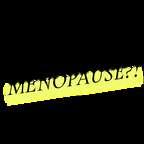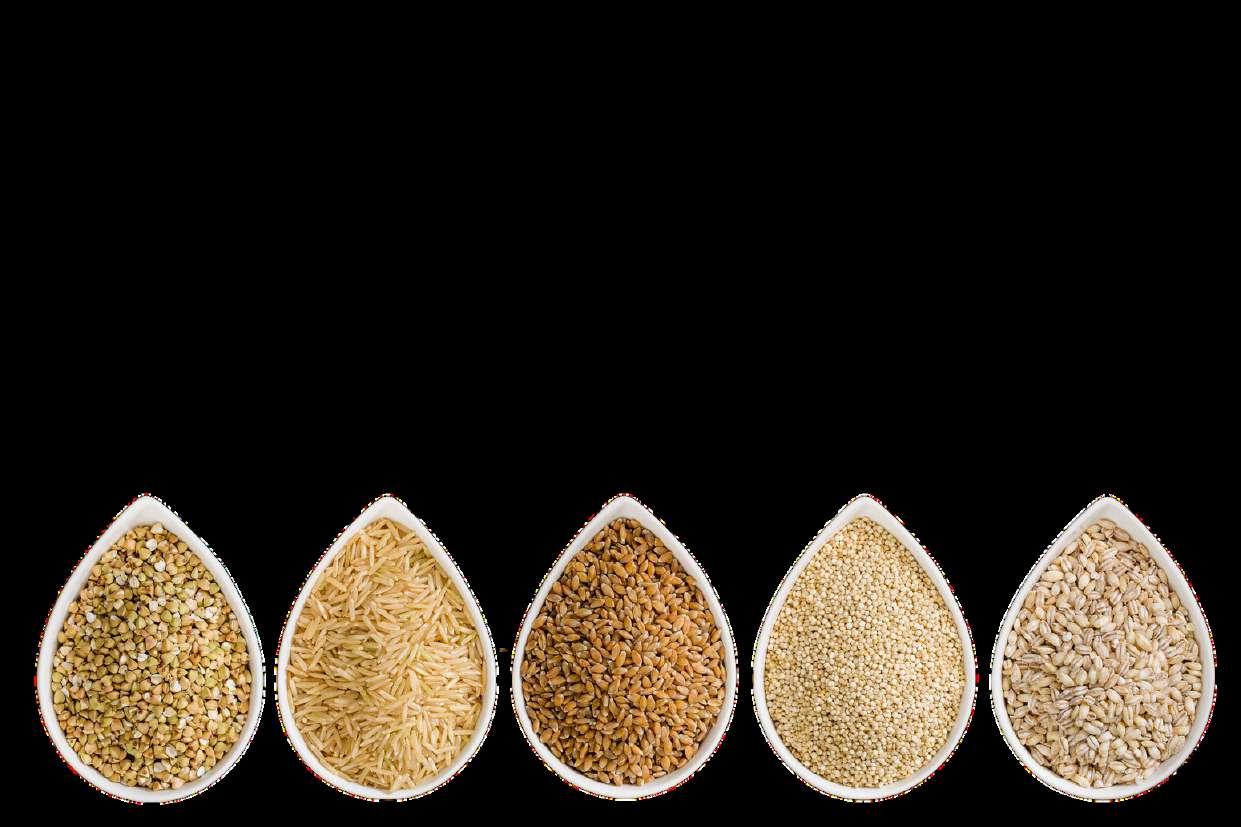




I started What The Menopause?! to provide a little corner of the internet where women in midlife feel seen, heard and validated in their experiences.
The menopause transition can pull the rug out from underneath you and impact you just as much emotionally as it does physically - leaving you feeling confused, isolated, alone and often unable to recognise who you are anymore.

Despite marketing messages, there is no magic bullet in peri/menopause - what works for one person will not necessarily work for another, but it is possible to take control of your health and not let your hormones run havoc on your life. This is the time to prioritise nourishment in the form of food, movement, sleep, self-care and connection. If you are struggling with symptoms and they are disrupting your life, you may also want to look at supplementation and hormone therapy through your healthcare provider.
This cheatsheet is a snappy list of evidence-based nutrition strategies to support you through the transition, improve symptoms, help you decrease inflammation in the body, optimise energy levels, boost mood and even reduce the visceral fat that's been distributed around your waistline. And if you’re looking for extra support on you journey, chekc out the last page where you can find the details to work with us. Reach out anytime if you need support at hey@whatthemenopause.com
You've got this!

Jessica Barac

Research shows that symptoms of peri/menopause are more pronounced in women who have high glucose and high insulin levels. On top of this, the decrease in hormones in peri/menopause can lead to a wide range of changes and can make the body more prone to insulin resistance which exacerbates symptoms and drives up inflammation, which also increases the risk of chronic disease. Breaking up with sugar is the way forward - high sugar foods are ok occasionally, but should not be a mainstay of your diet.
Tiredness
Anxiety
Mood swings
Irritability
Reduced libido
Forgetfulness
Weight Gain
Craving Carbs
Hot flashes + Night sweats
Insomnia


Protein provides the building blocks (in the form of amino acids) for every cell in the body. Menopausal women need more protein than pre-menopausal women to support musculature, prevent muscle loss (sarcopenia), support metabolism, prevent cravings and keep you fuller for longer.
Aim for c.30g /meal at every meal from animal sources, fish, shellfish, eggs, tofu, legumes etc.
SYMPTOMS:
Weight Management
Balance blood sugar
Mood Cravings

Energy Levels
Support Muscular Health
Sleep

Fill up on plants at every meal in the form of colourful fruit and veggies: they are crucial in keeping inflammation and oxidative stress (aka cellular aging) at bay.
Phytonutrients: naturally occurring plant chemicals that have an anti-inflammatory effect on the body.Choose colourful fruit, veg + herbs such as broccoli, cauliflower, leafy greens, berries, parsley, etc.
Phytoestrogens: support symptoms such as hot flashessoybeans, tofu, edamame, miso, chickpeas/garbanzo beans and flaxseeds - eat 2 tbsp daily.
Weight Management
Balance Blood Sugar
Hot Flashes
Energy Levels
Support Muscular Health
Night Sweats
Researchshowsthatwomenwhohaveadietrichinfruits andvegetableshavealowerincidenceofhotflashesand nightsweatsthanthosewhodon't.


3.2Eatmoreplants
Fibre is essential for keeping your bowels moving daily, your microbiome nourished, your inflammation in check and your hormones optimised. It also supports weight management, regulates blood sugar, improves heart health, lowers cholesterol, and even helps you live longer.
Aim for 30g per day from lentils, kidney beans, vegetables, fruit, nuts, seeds, dried figs, oats, pears, wholegrains, chickpeas, avocado, apples.
SYMPTOMS:
Bloating
Constipation
Depression
Weight Gain
Cravings/Appetite
Mood
Elevated Blood Sugar
Researchhasfoundthatforevery10-gram increaseinsolublefibreeatenperday,belly fatwasreducedby3.7percent.


You can't produce estrogen, progesterone, testosterone or cortisol without fat. Hormones are made from cholesterol (ie. fat), so it is important to provide the building blocks through diet. The body also needs fat to absorb key vitamins and minerals (which are so needed at this time!).
Omega 3 fatty acids are essential particularly in peri/menopause as they are anti-inflammatory, support brain health, joint pain, nervous system, heart health and metabolism.
SYMPTOMS:
Brain Fog
Joint Pain
Skin Dryness
Hair Thinning
Hot Flashes
Mood
Anxiety
ResearchshowsthatfoodsrichinOmega3FattyAcidssuch assalmon,sardines,chiaseeds,walnuts,flaxseedscan decreasetheseverityandfrequencyofhotflashes.


6.CONSUMESOMECARBS
Carbs come in the form of sugars, starches and fibre found in fruits, grains, vegetables and dairy products. Complex carbs provide sustained energy, fuel our muscles and our brains.
Choose whole grains and minimise highly processed refined, simple carbohydrates, which can quickly spike blood sugar. Certain carbs reduce inflammatory markers in the body. Choose brown rice, quinoa, amaranth, buckwheat, millet, teff sorghum in moderate portions.
SYMPTOMS:
Headaches
Irritability
Fatigue
Constipation
Sugar Cravings
High Cholesterol
Bloating
Howactiveareyou?Someonewhotrainsinthe gymorhasanactivejobwillrequiremorecarbs thanifyousitatadeskallday.


Sip on iced water throughout the day. It aids digestion and detoxification and is important for many aspects of health, including kidney function. Our thirst sensation declines with age, increasing the risk of dehydration, so drink water whether you feel thirsty or not. Dehydration can cause sunken skin, low blood pressure, dizziness, fatigue, confusion and even falls.
TOP TIP: Aim for 8 glasses per day and add Pink Himalayan Salt or good quality electrolytes to increase absorption.
Brain Fog
Hot Flashes
Night Sweats
Mood
Tiredness
Problem Solving
Constipation
Skin Dryness/Elasticity
Muscle Cramps
Headaches
Vaginal Dryness
Sleep Quality
Didyouknowthatdehydrationcantakeabigtollonourvaginal healthaswell?Ifyou'renotdrinkingenoughwater,yourskinis pronetodryness-thisdoesn'texcludeyourvaginalskin.


Alcohol exacerbates symptoms and many women share that they just can't handle it as before.
Alcohol is also a depressant, disrupts blood sugar levels, depletes nutrients necessary for ovarian function including B vitamins, selenium and zinc and lowers the bodies ability to absorb calcium and iron - minerals critical for optimal health at this stage of life.
SYMPTOMS:
Brain Fog
Hot Flashes
Heavy Periods
Disrupted Sleep
Headaches
Anxiety
Low Mood
Bone Health
Regularalcoholintakehasbeenassociatedwithhormone imbalances,weightproblemsincreasedriskofuterine fibroidsandmoreseveremenopausesymptoms.

You can feel incredible in your body. You can sustainably lose belly fat AND feel vibrant again.
Peri/Menopause: Your Pain to Power Era
You’ll learn my proven 3 Step Method to:
Reverse menopause weight gain
Improve menopause symptoms Finally feel like YOU again.
